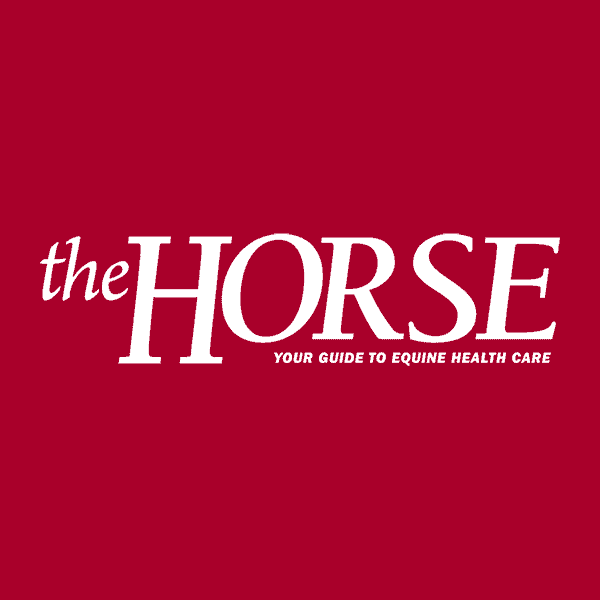Rehabilitating & Reconditioning Equine Athletes After Injury
- Topics: Ask TheHorse, Basic Care, Conditioning, Conditioning For Competition, Conditioning Young Horses, Exercise-Related Conditions, Horse Care, Injuries & Lameness, Injuries & Wounds, Ligament & Tendon Injuries, Ligament & Tendon Injuries, Podcasts, Recovering from Injury & Surgery, Sports Medicine
Download MP3
Bringing a horse back to work after injury takes time, patience, and often the guidance of trusted professionals. If your horse is injured, you need a plan if he’s going to return to his performance career. Learn about management techniques and new therapy options that can help horses heal.
About the Experts:
Sarah le Jeune
 Sarah le Jeune, DVM, Dipl. ACVS, ECVS, ACVSMR, CVA, CertVetChiro, is originally from Belgium and received her veterinary degree from the University of Liege in 1999. After completing a residency in equine surgery at University of California, Davis, School of Veterinary Medicine, le Jeune became a member of the UC Davis faculty in 2003. She is board certified in equine surgery and equine sports medicine and rehabilitation, as well as certified in veterinary acupuncture and chiropractic. Her research is focused in the field of equine gastrointestinal disease, general surgery, and equine integrative sports medicine (lameness, acupuncture, and chiropractic). She is currently head of the Equine Integrative Sports Medicine Service at the UC Davis Veterinary Medical Teaching Hospital.
Sarah le Jeune, DVM, Dipl. ACVS, ECVS, ACVSMR, CVA, CertVetChiro, is originally from Belgium and received her veterinary degree from the University of Liege in 1999. After completing a residency in equine surgery at University of California, Davis, School of Veterinary Medicine, le Jeune became a member of the UC Davis faculty in 2003. She is board certified in equine surgery and equine sports medicine and rehabilitation, as well as certified in veterinary acupuncture and chiropractic. Her research is focused in the field of equine gastrointestinal disease, general surgery, and equine integrative sports medicine (lameness, acupuncture, and chiropractic). She is currently head of the Equine Integrative Sports Medicine Service at the UC Davis Veterinary Medical Teaching Hospital.
Mark Wooten
 Mark Wooten, DVM, is director of Equine Performax Veterinary and Rehabilitation Therapy Services with The Jaeckle Centre in Thompson’s Station, Tennessee. Wooten is a 1982 graduate from the University of Tennessee College of Veterinary Medicine and has always had a passion for horses. He applies his 30-plus years of experience as a practicing veterinarian to rehabilitate and restore performance horses of all disciplines back to their highest level of competition following an injury. He firmly believes in treating the whole horse with preventive and complementary therapies, such as acupuncture and chiropractic adjustments, as well as using traditional modalities to heal the performance horse.
Mark Wooten, DVM, is director of Equine Performax Veterinary and Rehabilitation Therapy Services with The Jaeckle Centre in Thompson’s Station, Tennessee. Wooten is a 1982 graduate from the University of Tennessee College of Veterinary Medicine and has always had a passion for horses. He applies his 30-plus years of experience as a practicing veterinarian to rehabilitate and restore performance horses of all disciplines back to their highest level of competition following an injury. He firmly believes in treating the whole horse with preventive and complementary therapies, such as acupuncture and chiropractic adjustments, as well as using traditional modalities to heal the performance horse.

Written by:
The Horse Staff
Related Articles
Stay on top of the most recent Horse Health news with












